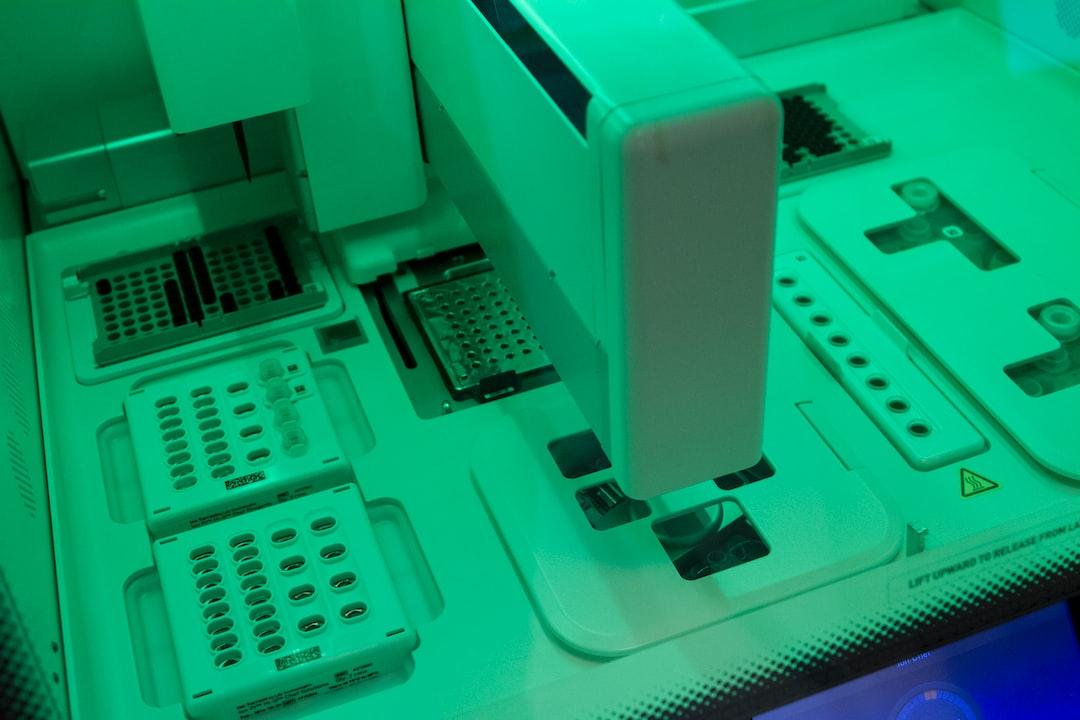The lawsuit filed by the United States Securities and Exchange Commission (SEC) against Tron founder Justin Sun has been revised, with the SEC claiming jurisdiction based on Sun’s extensive travel within the country. In an amended complaint submitted to a federal court in Manhattan on April 17, the regulator argued that it has “personal jurisdiction” over Sun, Tron, and two other businesses under his control, as they intentionally conducted activities and directed them towards the United States.
According to the SEC, Sun spent a total of more than 380 days in the U.S. between 2017 and 2019 on business trips to New York City, Boston, and San Francisco. These trips were allegedly made on behalf of the Tron Foundation, the BitTorrent Foundation, and Rainberry, which are all referred to in the lawsuit as Sun’s “alter ego” entities.
The SEC reaffirmed the allegations from its original lawsuit, asserting that Sun and his businesses sold unregistered securities through the Tron (TRX) and BitTorrent (BTT) tokens, and that Sun engaged in manipulative wash trading. The SEC also emphasized that TRX and BTT were promoted, offered, and sold to consumers and investors located in the United States, while stating that Sun extensively traveled to the United States during the time of their promotion and sale.
The SEC further claimed that Sun’s alleged wash trades involving TRX occurred on the Seattle-based crypto exchange Bittrex.
In late March, Sun, who is a Chinese-born Grenadian citizen, requested the dismissal of the lawsuit, arguing that the SEC applied U.S. security laws to predominantly foreign conduct and lacked jurisdiction over him or the Singapore-based Tron Foundation. He contended that the TRX and BTT tokens were sold entirely overseas, with measures taken to avoid the U.S. market. Additionally, Sun pointed out that the SEC did not allege that the tokens were initially offered or sold to any U.S. residents.
Sun’s lawyers have yet to respond to a request for comment.

